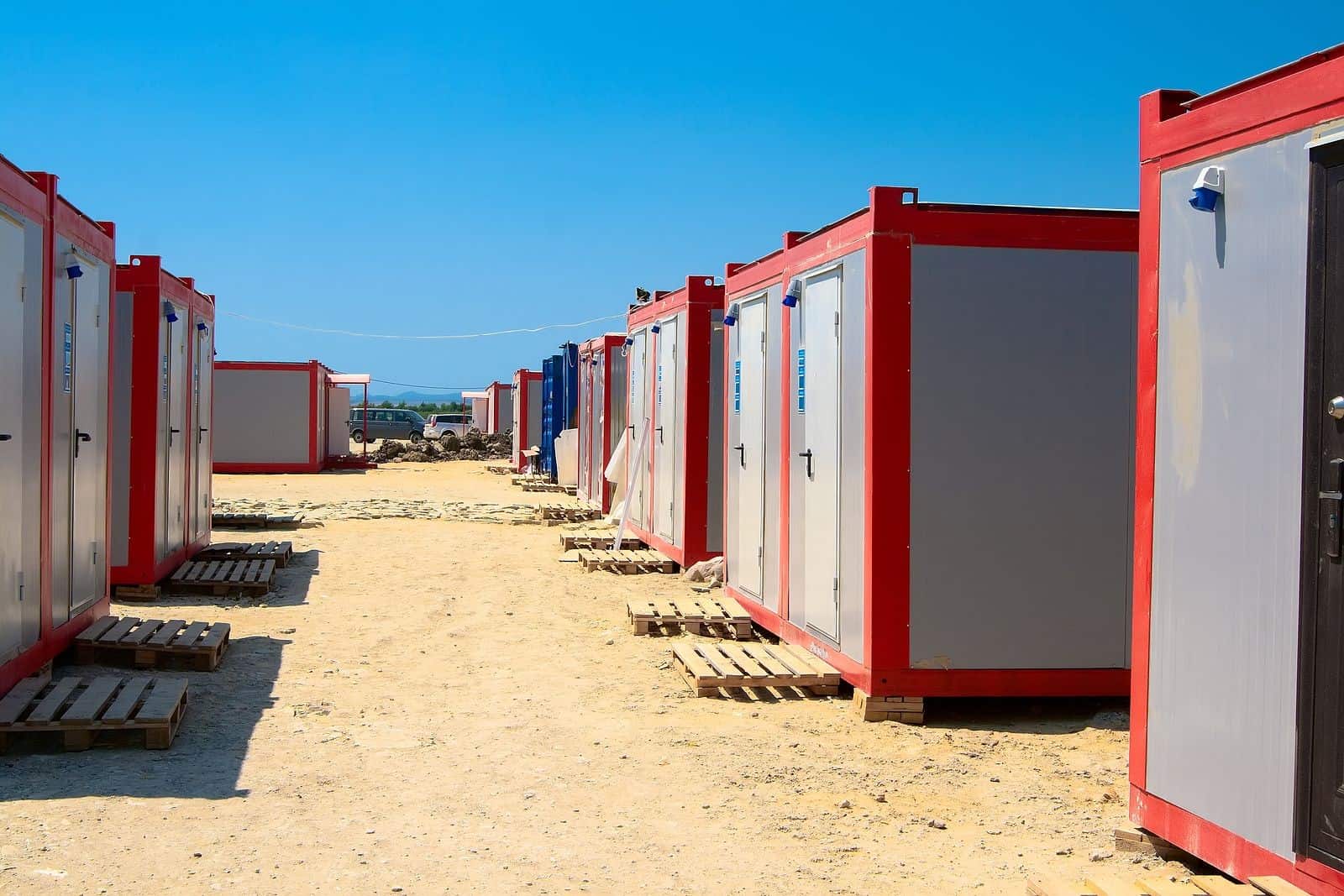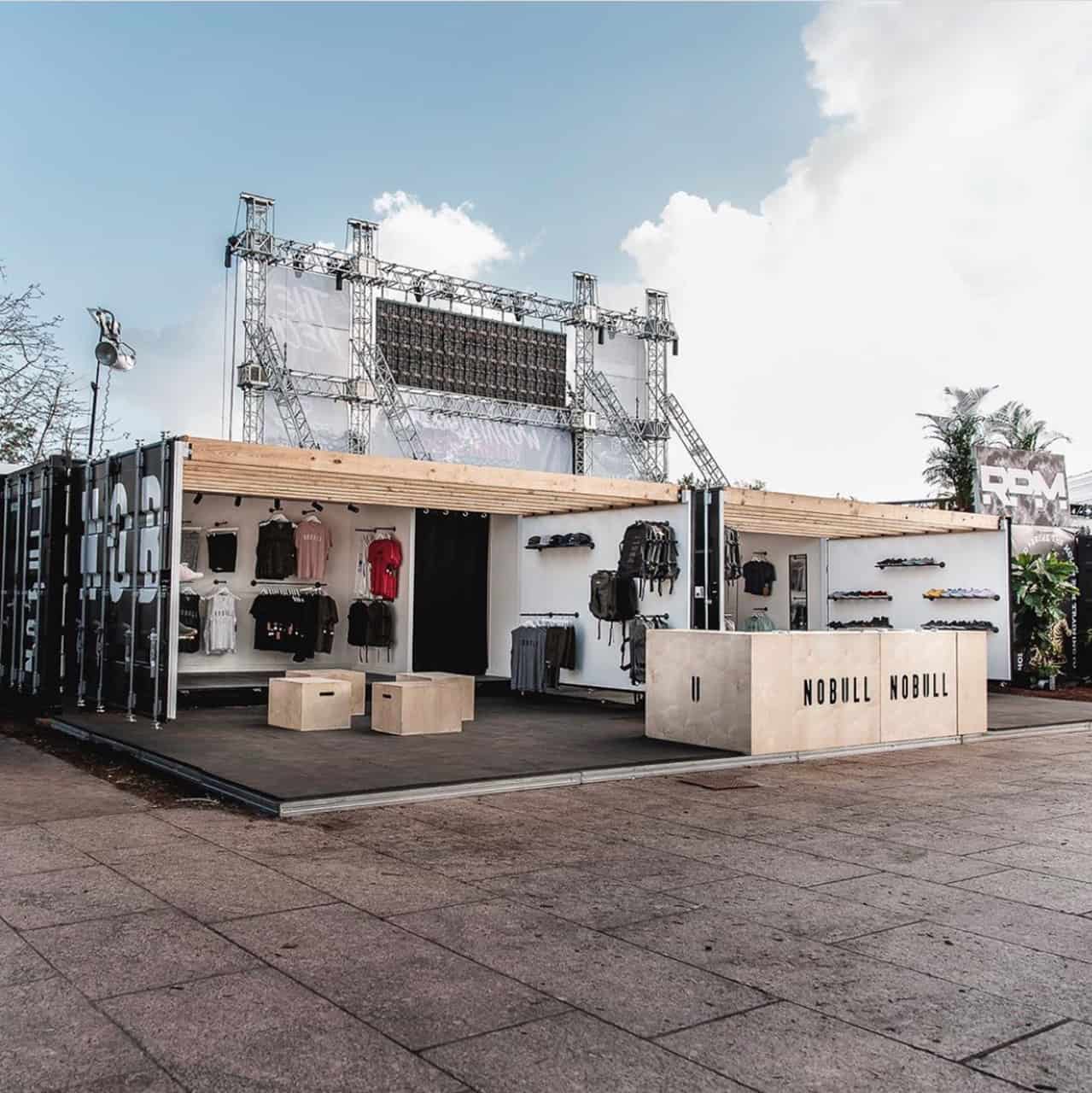Being the most populous city in Texas, Houston has seen its share of housing problems in the last few years. According to a report released by the National Low-Income Housing Coalition, the state of Texas has the 7th worst number of affordable housing in the country for households that are earning at or below the 30% AMFI line. If you think that is bad, it’s even worse for metro areas like Houston which was rated the 3rd worst in affordable housing availability amongst all cities in the United States.
In addition, it isn’t just the urban poor who have been struggling to find affordable housing. A recent Harvard Joint Center for Housing Studies report showed that even those considered to be in the lower middle class have been struggling to get reasonably-priced housing too.
As such, several solutions have been presented by both private individuals and government to combat the bad housing problem for the residents of Houston.

The Living Problem: How Houston Plans to Cope from Their Low-Income Housing Crisis
Though the problem seems bad on paper, the housing crisis in Houston is far from being unsolvable. Urban developers and the local government have worked together to find a plausible solution to this problem. With various housing solutions at play, there is one that has managed to get everyone’s attention: the growing trend of using shipping containers for sale in Houston as a long-term affordable housing alternatives.
The concept of modifying either new or used shipping containers and converting them into functional, living spaces is certainly not new. Many developing countries around the world have already started adopting these huge metal boxes as an ideal primary building material for homes. Its simple box design, not to mention the cargo container’s inherent durability, make modification and construction quite easy.
Moreover, it is not a secret that there are too many excess shipping containers just lying empty on US ports due to the currently weak import/export business. Instead of spending a ridiculous amount of money just to send those shipping containers back to its origin country, it makes more financial sense for shipping companies to just sell them at affordable prices to those who are willing to buy.
Houston’s City Restrictions and Building Codes
Perhaps, the biggest obstacle to setting up a modified shipping container home is the existing restrictions on housing permits and building codes in Houston. Though the definition of building code is universal, meaning all building codes that currently exists in every State aim to set the minimum standards to protect the health and safety of its occupants, the code itself can vary from city to city (or county to county).
At first glance, it might seem that shipping containers exceed whatever criteria Houston’s building code explicitly requires. However, you need to understand that the load capacity of each shipping container mainly pertains to its rails and posts. There is also the additional requirement of installing proper insulation.
Another concern is that not every community would accept a neighbor that has a shipping container for a home. After all, even after all the modifications, a shipping container home might still be perceived to potentially decrease the property values of the area they are built in. Lastly, the city’s zoning regulations can create a bigger hassle when you’re planning to build a modified shipping container home.
Of course, all of these concerns can be properly addressed when you visit the local government to ask about the existing rules and regulations in regards to giving housing permits for container homes. Bring your real estate agent or architect with you when you visit so that they can help you understand better what needs to be done in order to make your ideal container home a reality.
Sources
New Texas rules cause affordable housing problems, HoustonTomorrow.org
Housing in Texas: A Living Crisis, Texas Solutions, TexasLowIncomeHousingsInformationService.com









